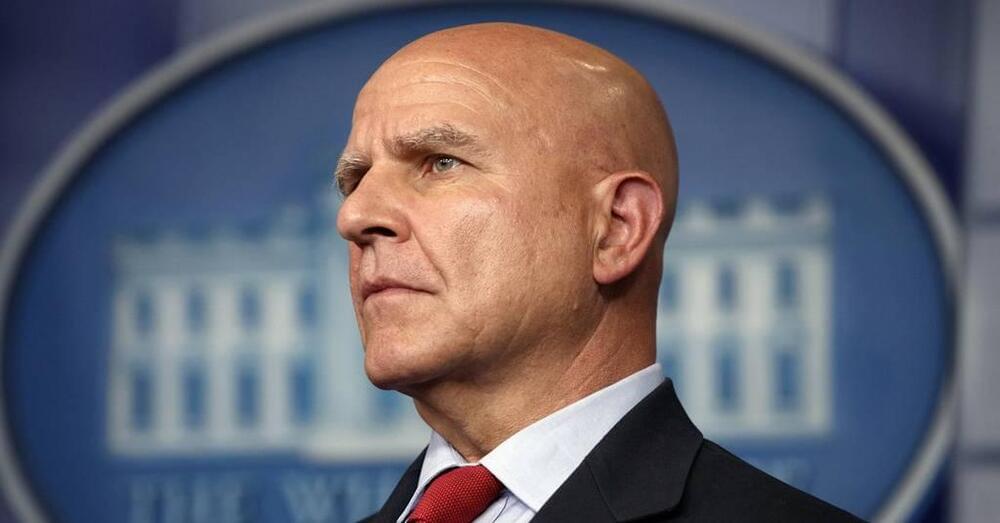Hear from Nobel laureate Jennifer Doudna on the four ways that CRISPR gene editing technologies will revolutionize healthcare.
In her 31 March talk at the Frontiers Forum, Prof Jennifer Doudna outlined how CRISPR-based therapies are already transforming the lives of patients with previously limited treatment options. She also gave her vision for how her serendipitous discovery will revolutionize healthcare for us all. The session was attended by over 9,200 representatives from science, policy and business across the world.
Jennifer’s keynote talk was followed by a discussion with global experts on access and ethical considerations:
• Prof Andrea Crisanti, Imperial College London.
• Prof Françoise Baylis, Dalhousie University.
• Dr Soumya Swaminathan, Chief Scientist, World Health Organization.
2022 marks the 10th anniversary of Jennifer’s groundbreaking development of CRISPR-Cas9 as a genome-engineering technology, with collaborator Prof Emmanuelle Charpentier. The two earned the 2020 Nobel Prize in Chemistry for their work, which has forever changed the course of human and agricultural genomics research. Jennifer Doudna is the Li Ka Shing Chancellor’s Chair and a Professor in the Departments of Chemistry and of Molecular and Cell Biology at the University of California, Berkeley, and Founder of the Innovative Genomics Institute.
The Frontiers Forum showcases science-led solutions for healthy lives on a healthy planet. Watch previous sessions at https://forum.frontiersin.org.
MAIN TALK




